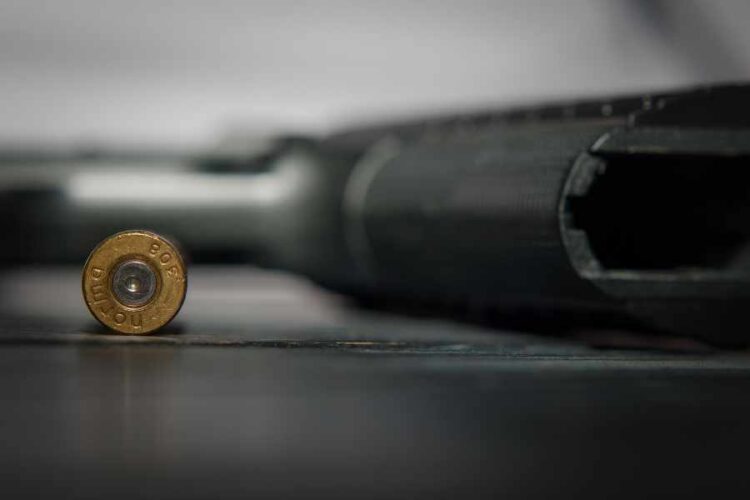Gun legislation in the US has long been on the list of hot topics. However, given the variations across state lines and the ongoing debates that surround the issue, it’s clear we won’t reach a conclusion anytime soon.
For today’s discussion, we’ll consider gun stipulations at the federal level since these apply all across the country. We’ll have a look at who can purchase and sell guns, who is not allowed to own firearms and the glaring loopholes that keep the entire system confusing and confused.
Who Can Buy A Gun In The US?
At the federal level, you must be at least 18 years old to be able to purchase shotguns and rifles and 21 years old to purchase handguns. But this isn’t just an age game – there are other critical criteria to meet.
Background checks serve as the gatekeepers here. These screenings filter out individuals who fall into prohibited categories, such as convicted felons, those indicted for crimes that could lead to over a year of jail time, users or addicts of controlled substances, individuals with restraining orders against them due to domestic violence concerns, those with dishonorable discharge from the armed forces, individuals adjudicated as mentally defective or committed to any mental institution, and undocumented immigrants along with nonimmigrant visa holders under specific circumstances.
Who can Sell Guns in the US?
When it comes to who can sell, there are two main categories: licensed and private. Licensed gun dealers must have a Federal Firearms License (FFL), which is issued by the Bureau of Alcohol, Tobacco, Firearms and Explosives (ATF). As a licensed dealer with an FFL, you can sell firearms in a physical store or online.
If you are a private seller who occasionally sells items from your personal collection, you don’t need a license (laws vary from state to state, so make sure to check them out). You can also use various online platforms to find buyers, but you can’t send out the product directly to the customer like you would a t-shirt or a bag. To make sure you don’t break any laws, learn how to sell guns online in your state.
Glaring Loopholes To Keep In Mind
While both federal and state laws require background checks and try to keep things under control, there are some points of contention that show that the legal aspect is not in tune with the current times.
Here are some of these contentious points that worry advocates for tighter gun control:
The Private Sale Loophole
Also dubbed the “gun show loophole,” this refers to the exemption from mandatory background checks for private sellers who aren’t classified as licensed dealers. Sales between private individuals, which can occur at gun shows, over the internet, or through personal connections, might not need a background check under federal law unless mandated by state regulations.
Online Sales and Gun Shows
Even though guns sold online or at gun shows by licensed dealers require background checks, transactions by private sellers often do not fall under these restrictions, depending on state laws.
Default Proceed (“Charleston Loophole”)
When someone wants to buy a firearm from a licensed dealer, and their background check takes longer than expected due to incomplete records or other issues, if three business days pass without a decision from the FBI on whether they’re cleared to buy the gun, the sale can legally proceed by default. This is how the gunman in the 2015 Charleston church shooting was able to acquire a weapon despite having a disqualifying history.
Straw Purchases
This is where an individual who can pass a background check buys a gun for someone who cannot, effectively bypassing the background check system. Although straw purchases are illegal, detecting and prosecuting these cases can be challenging without comprehensive tracing systems or meticulous enforcement.
Incomplete Databases
The effectiveness of the NICS heavily relies on the completeness and accuracy of its data. Unfortunately, not all states consistently submit records of criminal history, domestic violence misdemeanors, mental health adjudications, and restraining orders to federal databases. This incomplete reporting can result in individuals prohibited from possessing firearms slipping through the cracks.
Overall, even though owning a gun can help strengthen your self-protection and may make you feel a bit more confident in various scary situations, there are still many cracks in the system that lead to unfortunate events like school or mass shootings.
In Conclusion
While it’s well-known that firearms are a part of American culture and history, we need to craft better laws and tracking systems to ensure our future. The debate is going strong all over the country, but actions are quite slow.










